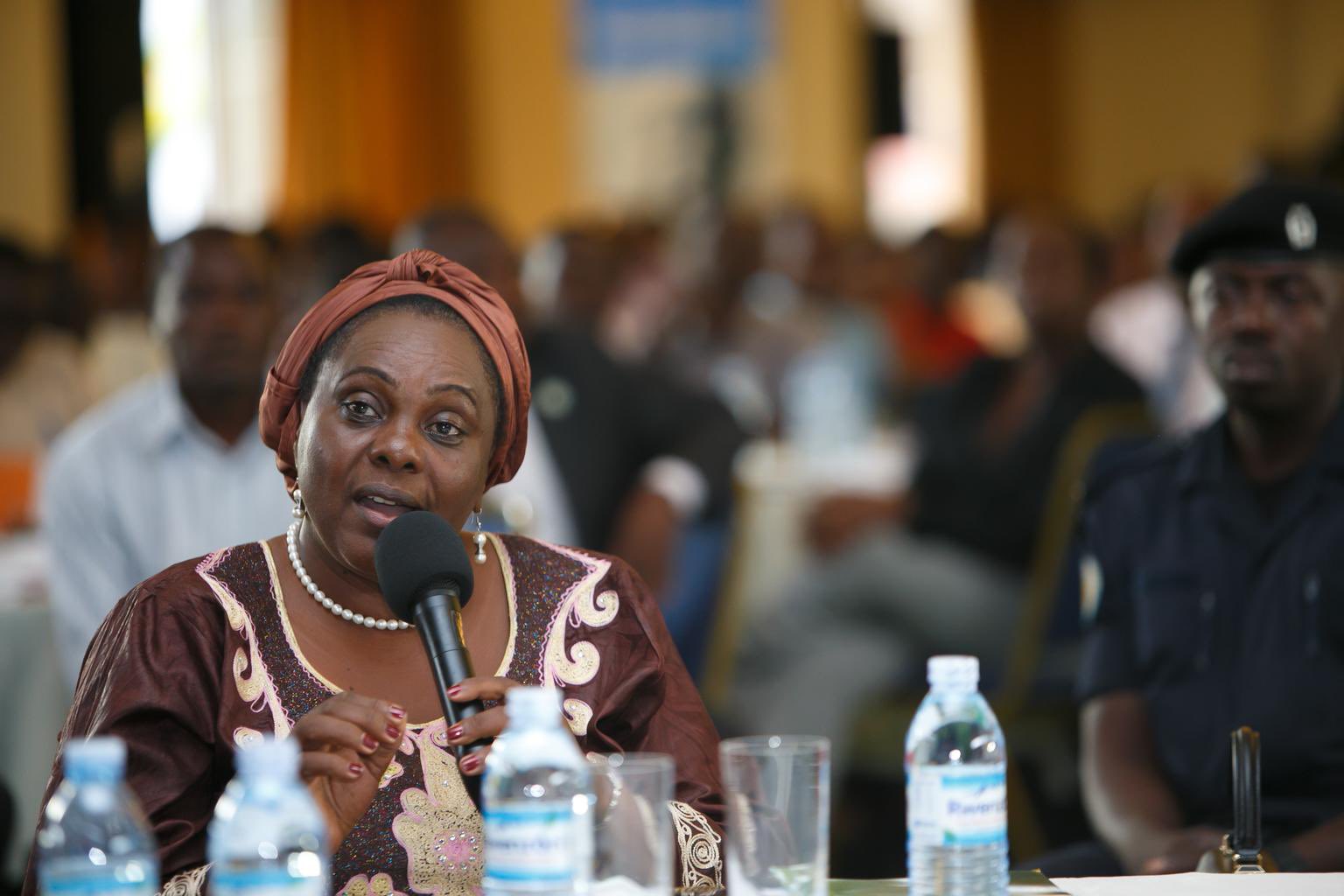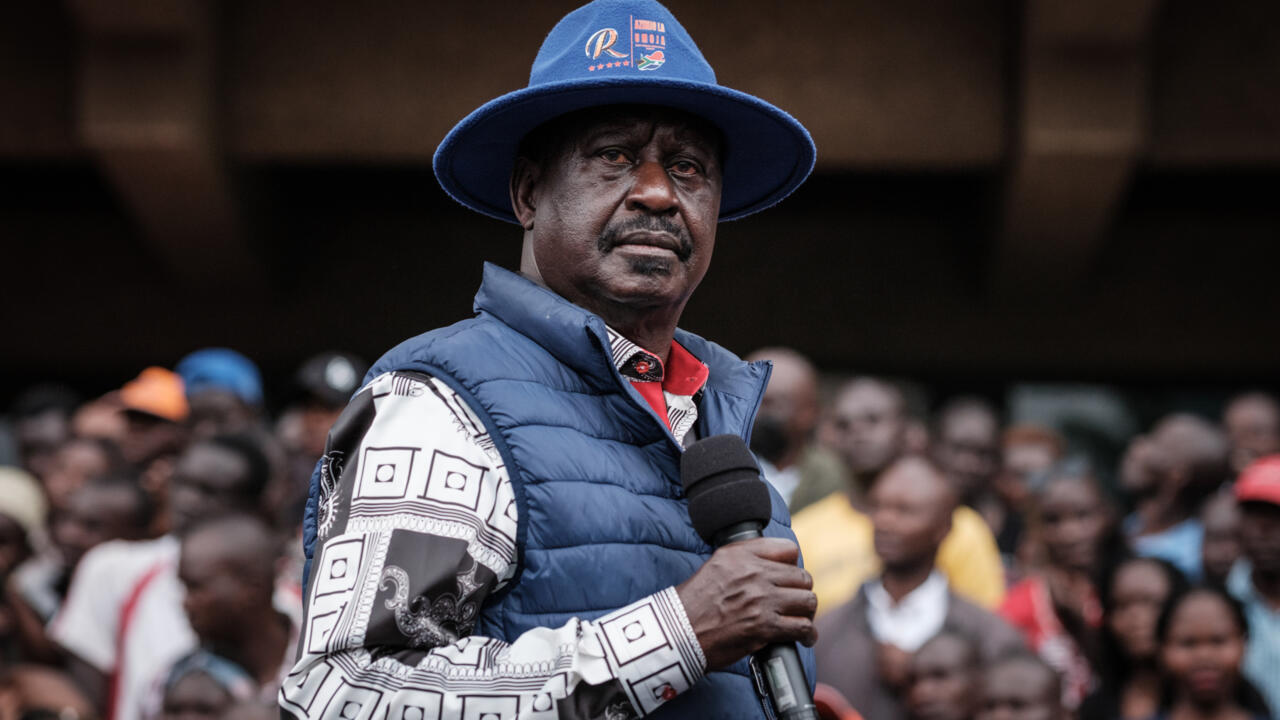Mary Karooro Okurut, whose candle burned out yesterday at 70, did not sire any biological children, but she was a mother to many.
She embraced motherhood through mentorship. Former students who went through her guidance at Makerere University recall her as a guiding force and motherly touch.
“She was a mother to many,” recalled one of her former students who now lectures at Makerere.
Her office at Makerere often doubled as a sanctuary for aspiring writers, where she shared her own experiences of overcoming societal barriers as a woman in academia.
This mentorship extended beyond the classroom through her groundbreaking work in literature.
In 1995, Karooro founded the Uganda Women Writers’ Association (FEMRITE), a pivotal organization that empowered female voices in a male-dominated field. FEMRITE’s inaugural meetings started in her shared office at Makerere, evolving into a movement that published anthologies and nurtured talents like Monica Arac de Nyeko, a Caine Prize winner.
As an author herself, Karooro penned novels that boldly tackled women’s experiences and social taboos. Her book The Switch confronted female genital mutilation (FGM), while others explored themes of empowerment and societal change.
In 1999, Karooro became President Museveni’s press secretary, a position she held until 2004. In this capacity, she was known for her eagerness to engage with journalists, often answering queries with humility and grace. Inquisitive reporters found in her a willing interlocutor, though she occasionally pleaded for restraint on stories that could damage her boss.
She was also an arbiter.
One memorable episode in her career was her arbitration in the heated verbal feud between journalists Kevin Ogen Aliro and John Nagenda, both now deceased. The two engaged in a series of acerbic exchanges through newspaper articles, with Aliro famously labeling Nagenda a “bloated spring chicken.”
Karooro, ever the diplomat that she was, stepped in as a mediator, helping de-escalate the conflict and restore professional decorum.
As an avowed “Musevenist,” she defended the president’s policies passionately but refrained from insulting critics. Her electoral debut in 2004 saw her resign from the presidency to contest in the by-election for Woman MP, Bushenyi.
She won and replaced Bernadette Bigirwa, another inspirational leader who had succumbed to cancer. This marked the start of a ministerial career that spanned key portfolios: minister for Information, minister for Gender, Labour and Social Development, and finally, minister for General Duties in the Office of the Prime Minister.
She left the cabinet after the 2011 elections and was widowed in 2014 when her husband, Stanislas Okurut, died of a heart attack at their Ntinda home.
She then channeled her energies into mentorship and writing her opinion pieces which often ran in The New Vision.
But she also continued her mentorship journey. Students from her Makerere days, emerging politicians, and young feminists often sought her counsel, finding in her a blend of wisdom and warmth.
“She was a mentor above all,” wrote Patrick Oyulu, upon her passing.
Why will Mary Karooro Okurut be missed?
The outpouring of grief reveals a woman whose absence creates voids in multiple spheres. In literature, she leaves behind FEMRITE and a body of work that empowered generations of women writers.
Politically, her humane approach was loyal yet respectful. Even opposition members respected her. To the journalists who encountered her, she was a sounding board and a moderating influence.
Without biological heirs, she “sired” intellectual and professional offspring who will now carry her torch.







